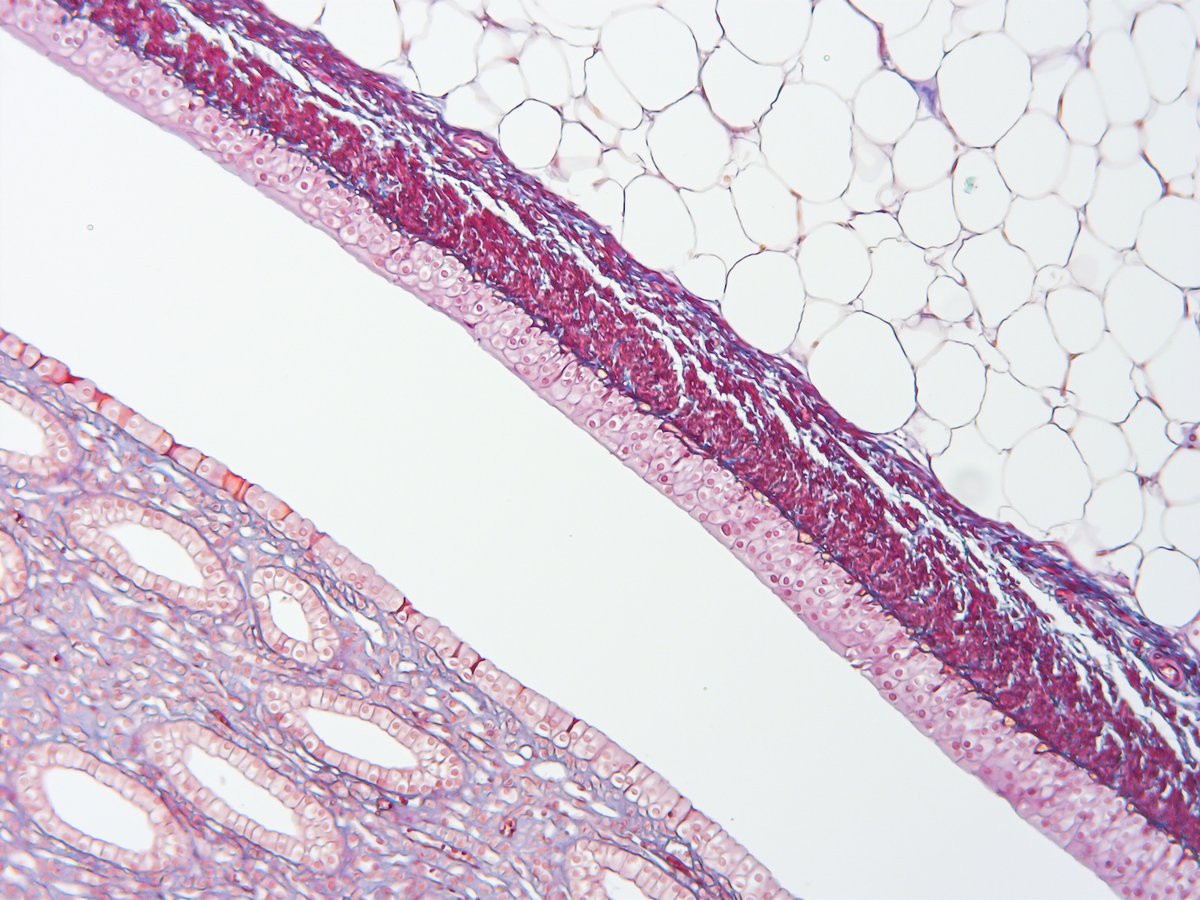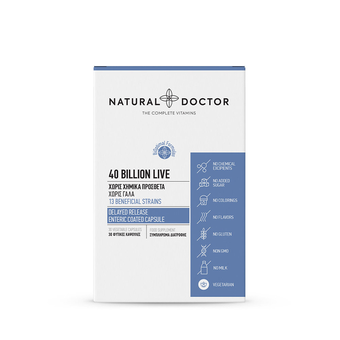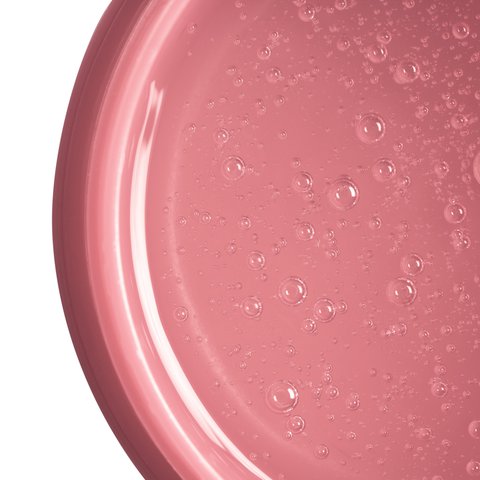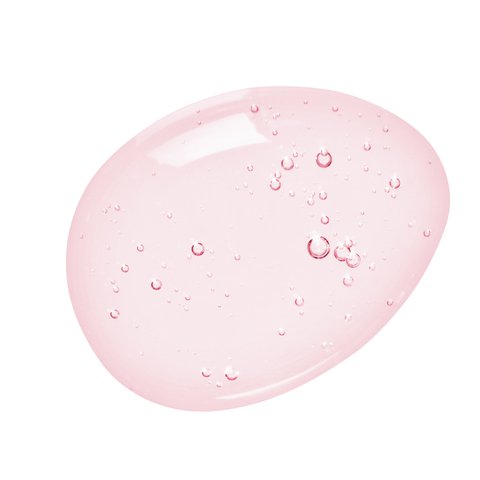Why Your Unhappy Gut Is Craving Probiotics

We all know what it’s like to suffer from digestive disorders from time to time, like bloating or indigestion. But modern diets are not always favourable to gut health and that’s why probiotics have grown in popularity. But what are they? How do they work? And how can we keep our digestive systems healthy?
Maintaining a healthy gut
Gut health is a hot topic. Many scientific studies and books over the last few years have confirmed how essential a healthy microbiome if for optimal digestive health. Studies detail the beneficial effects of probiotics on adverse health conditions including mental health, skin conditions, auto-immune conditions and many, many more.
We are all becoming more aware of the role that certain foods, vitamins and minerals play on our overall health. It is only in recent years that we have understood probiotics and how increasing our intake of them can have a beneficial effect.
Modern diets and antibiotics mean that the healthy bacteria in our gut, known as gut flora, don’t get a chance to flourish. That's why the range of probiotics products in supermarkets and health shops have increased, as a direct result of consumer demand.
But the bacteria in our gut does more than just keep the intestines healthy. It also plays a role in other parts of the body too.

Is your gut unhappy?
There are many signs of an unhappy gut. Nobody wants an unhappy gut as it affects the entire system. It links everything in the body and if something as significant as the gut is upset this can have troubling consequences in terms of how we feel and look.
There are several things that can point toward an unhappy gut, such as:
Autoimmune conditions, such as diabetes or rheumatoid arthritis – there is ongoing research into these health issues but an autoimmune response means that our immune system is fighting against itself. Whilst a healthy gut and probiotics won’t cure the problem, an imbalance in this area can contribute to the problem.
Food intolerances – there seems to be a growing pattern of food intolerance in recent years. There are many reasons why this may be the case. For example, we have the science that tells us not everyone can eat some foods but sometimes, it could be because the digestive system is missing important pieces in its jigsaw to produce enzymes and bacteria that balance the gut.
Extreme fatigue and altered sleeping patterns – an unhealthy digestive system negatively affects us and there is proof that because we are not absorbing what we need from food, we can become tired and irritable.
Changes in our weight, including both weight-gain and weight-loss – again, this is not just down to the food we eat but whether we have the enzymes to breakdown it down. This also relates to how we eat our food too. Rushing meals, eating-on-the-go and eating quickly and not savouring our food also plays a part.
Upset stomach – if you suffer from an upset stomach regularly, maybe you need probiotics to restore the balance in your digestive system, as well as keeping a food diary. By doing this, you can keep track of the foods you eat and see what the connection is between that and when you have an upset stomach.
What contributes to an unhappy gut?
There are many things that contribute to an unhappy gut:
Poor food choices
A sugar and high-processed diet can lead to a poor functioning digestive system. It is amazing how many people still gravitate toward junk food, fizzy drinks, sugar and processed food even though we know they are not good for us.
The truth is they are addictive and people who have grown up eating in this way will find it difficult to give it up.
If we want to establish a healthy gut we need to look at reducing fat in the diet and sugar. We have linked refined sugar in food to causing inflammation in the body which leads us toward disease.
Medications
Medication such as antibiotics and hormones disrupt the natural bacteria in the gut leading to various health conditions throughout the body.
Antibiotics have saved many lives since its discovery but as well as killing bad bacteria in the body it also diminishes the good gut flora too.
If you have been ill were prescribed a course of antibiotics recently, you may need to think about nursing your gut back to health with the use of a quality probiotic.
Can a poor digestive system affect our mood?
There is nothing worse than feeling irritable, moody and down without understanding the cause or why it is you feel the way you do.
Research into gut health has proven to be valuable in understanding our mental wellbeing. As it connects everything in the body, it makes sense that our gut health plays an important part in terms of overall mental clarity.
We often refer this connection to as the gut-brain axis or GBA. This school of thought links the gastrointestinal tract to our nervous system including the brain and the spinal cord.
When there is something off in the gut region, it can create disharmony in the body. For example, when there are disruptions in the gut, it can lead to an unhealthy balance of good and bad bacteria.
When this happens, the body responds and other health conditions and problems can come to the fore.
The vital role the gut plays can affect our mental state too, something that shows itself in many ways. This is where the theory of gut-axis comes into play.
This theory states that when gut flora in our intestines is unbalanced, we can suffer from depression, anxiety and other mental health problems.
The gut produces neurotransmitters, the chemical that connects the gut to the brain. These neurotransmitters produced in the brain control our feelings and emotions.
Some make us feel happy, like serotonin. That’s why patients diagnosed with depression need to increase their levels of serotonin in the brain. We can do this with medication but also by eating fruits and vegetables. That said, for someone with severe depression, this is not a cure.
A large proportion of serotonin is produced in the gut. Gamma-aminobutyric acid (GABA) is synthesised there too. This substance helps control feelings of anxiety and fear.
That’s why people who suffer from bouts of anxiety often say that they have a bad stomach or ‘butterflies in the stomach’
There is a small scale study of mice that showed when they received probiotics, the guts could produce more GABA. This has interesting implications for helping people with fear and anxiety disorders.
This all relates to how we feel, our sleeping patterns and appetite. If things go AWOL in the gut it can disturb all of these things.
We also think poor gut bacteria affects cognitive function and our response to stress. Living in a state of stress and anxiety depletes our bodies and its systems so much so we can suffer physical and emotional ill-health.
What foods nourish our guts?
To promote and maintain digestive health, food is top of the agenda.
Understanding what works for you and your body is the key to creating a healthy home for good gut bacteria to thrive.
Food intolerances may play a part in an unhappy gut and so adjusting and taking notes about what food works and what does not can help you get to grips with nourishing your system with the food sources.
Food diaries are a great way of establishing not only a routine for healthy living but organising a plan of action in establishing the needs of your gut.
What works for one person may not work for another so it is important to focus on how you feel when you consume certain food groups and whether or not some adjusting needs to take place.
Many people seem to have an intolerance for dairy. A blood test can give a greater understanding of whether or not this is something that you should remove from your diet altogether and replace with something more nourishing for your gut health.
Research shows that certain changes in the diet prove positive in creating good bacteria for the gut and aiding a healthier environment for the digestive tract to process the vital vitamins and nutrients needed to feed the body and create an abundance of health.
These food include;
- Oats
- Brown rice
- Flaxseed
- Yoghurt or kefir
- Fermented foods
- Garlic
- Legumes
- Dark greens such as broccoli, kale and cabbage
- Fermented food such as sauerkraut
- Sprouted seeds
- Artichokes
- Avocados
- Celery
- Coconut
- Cucumbers
- Unpasteurised apple cider vinegar
- Miso
- Coconut
You may have heard the phrase, “the gut is the second brain”. You need to understand what that means for us and why it is significant.
It is a powerful message as when we think of our brain, we want to make sure we are free from mental clutter, negative imagery and general anxiety.
Understanding that there is a powerful link between the gut and the brain offers us the opportunity to feed our digestive systems the food it craves whilst creating equilibrium throughout the whole body.
What role do probiotics play in good gut health?
When your gut requires deeper healing – after antibiotics, illness or extended periods of chronic stress for example - taking a good probiotic can work wonders in transforming how you feel.
Probiotics feed the gut with good bacteria. There are prebiotic and probiotic foods that can help aid this process. But this isn’t always enough and so including a high-quality probiotic supplement is necessary for improved gut function, overall health and the long-term maintenance of a diverse and strong: immune-protective microbiome.
There are many options out on the market which may feel overwhelmed. However, look for a probiotic that contains 30-40 billion living colony-forming units and includes;
- Bifidobacterium breve
- Bifidobacterium longum
- Bifidobacterium bifidum
- Lactobacillus bulgaricus
- Lactobacillus rhamnosus
- Lactobacillus acidophilus.
Include in your daily routine our optimal 40 Billion Probiotics blend to get all of these in total 13 strains in clinically significant quantities.
It may sound complex, but when you break it down and follow these simple rules, you’ll understand how to get your gut back into a functioning and healthy state.
Your gut may need a probiotic
The first step to a healthy functioning digestive system is to understand what you need to get rid of. This helps to minimise the bad bacteria.
The second step is to eat foods that encourage the digestive system to produce the enzymes needed to breakdown so that the body can access it.
And third, the use of a high-quality probiotic supplement to boost gut flora is essential.
By doing this, you can reclaim your gut health and empower you to keep on track by making sure everything works as it should.
Your gut will welcome this new shift and will work with you instead of against you, improving your overall health and sense of wellbeing.



